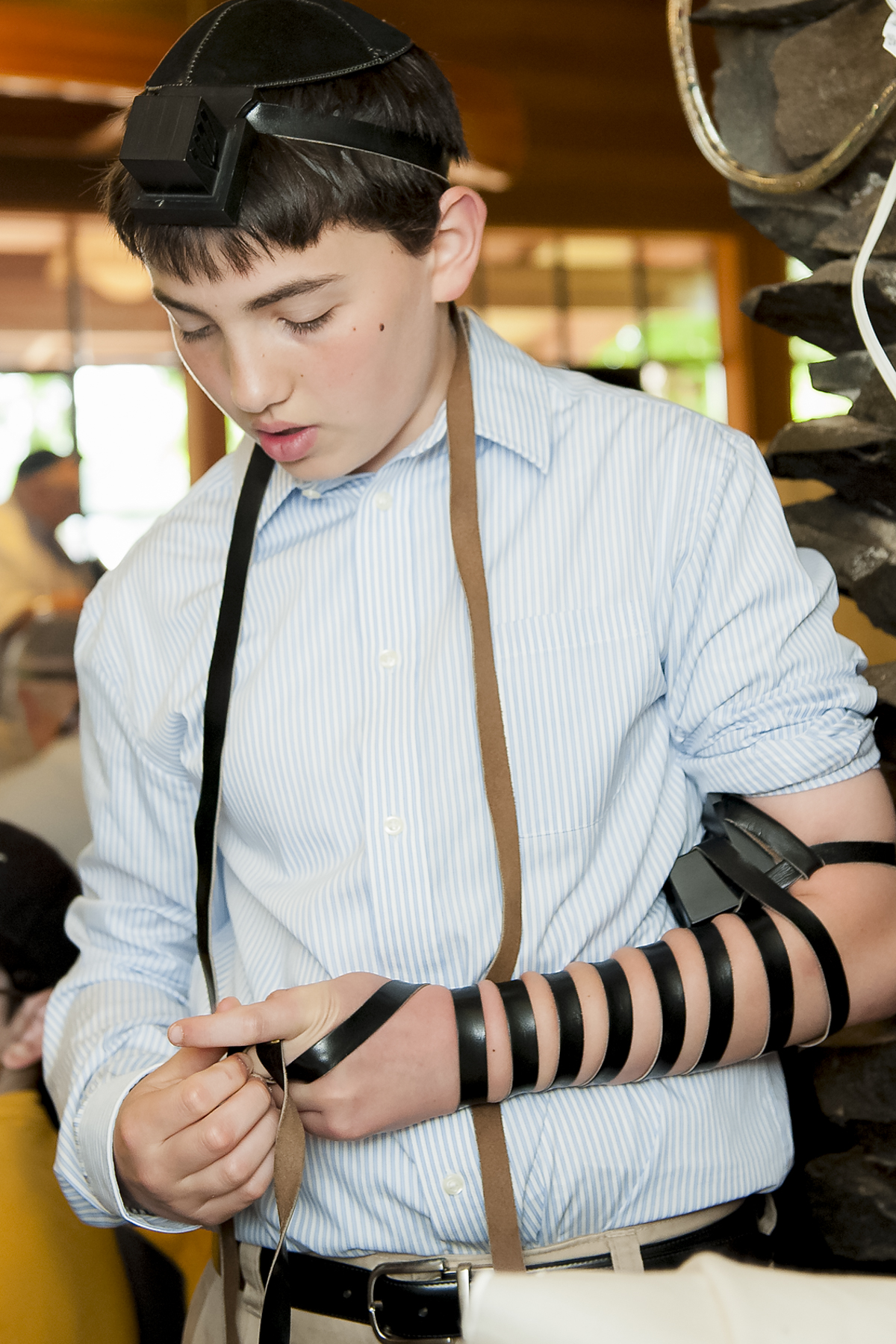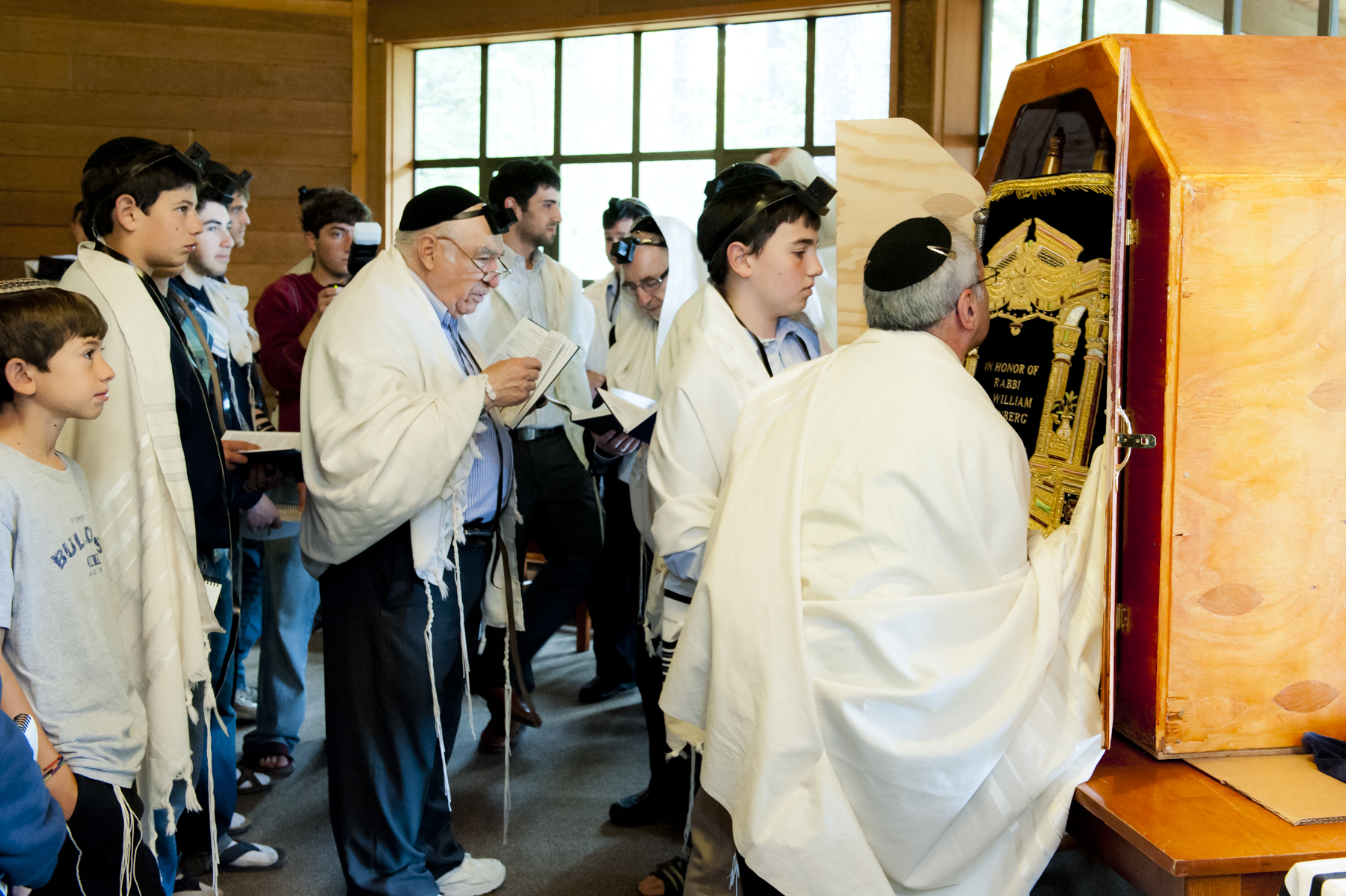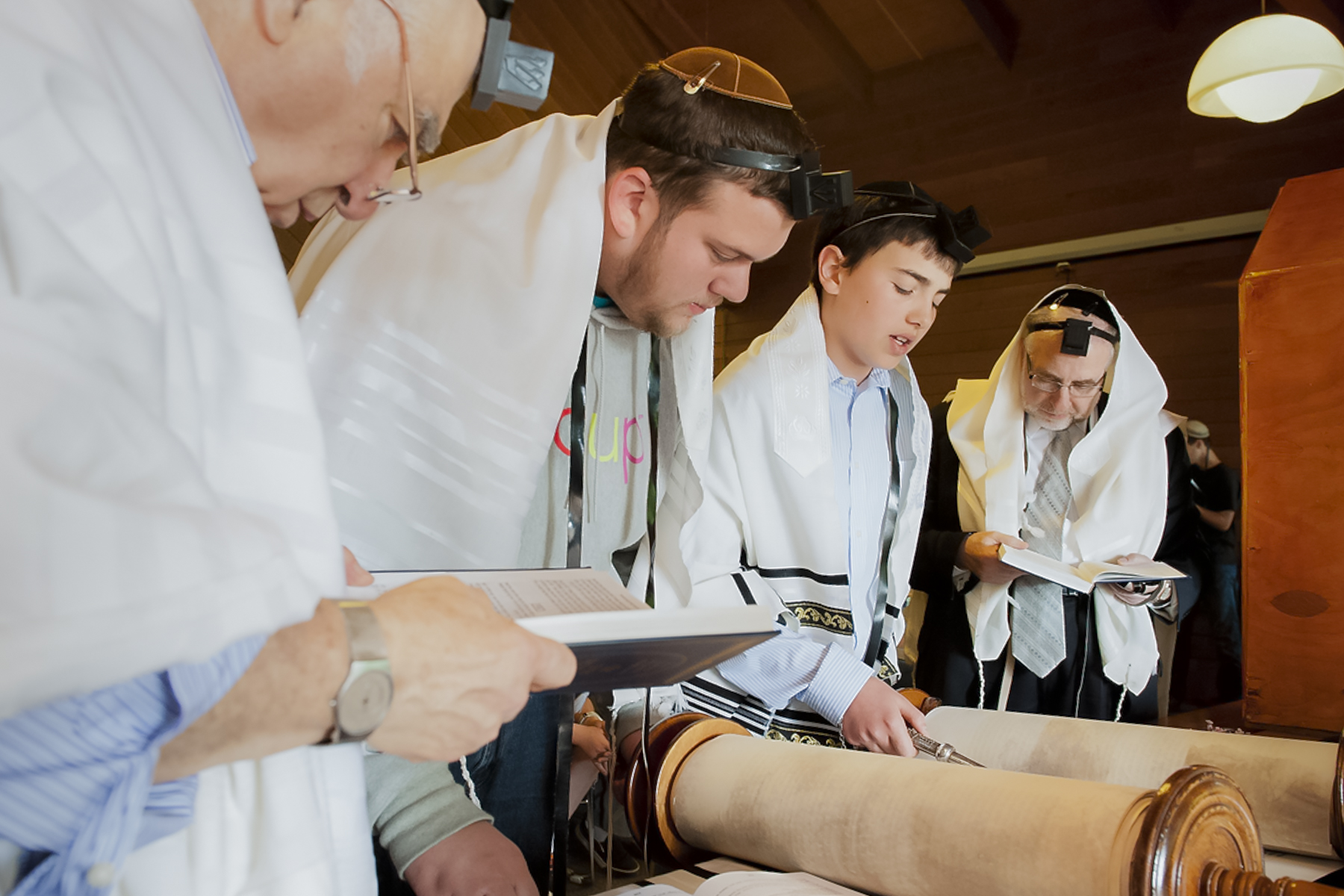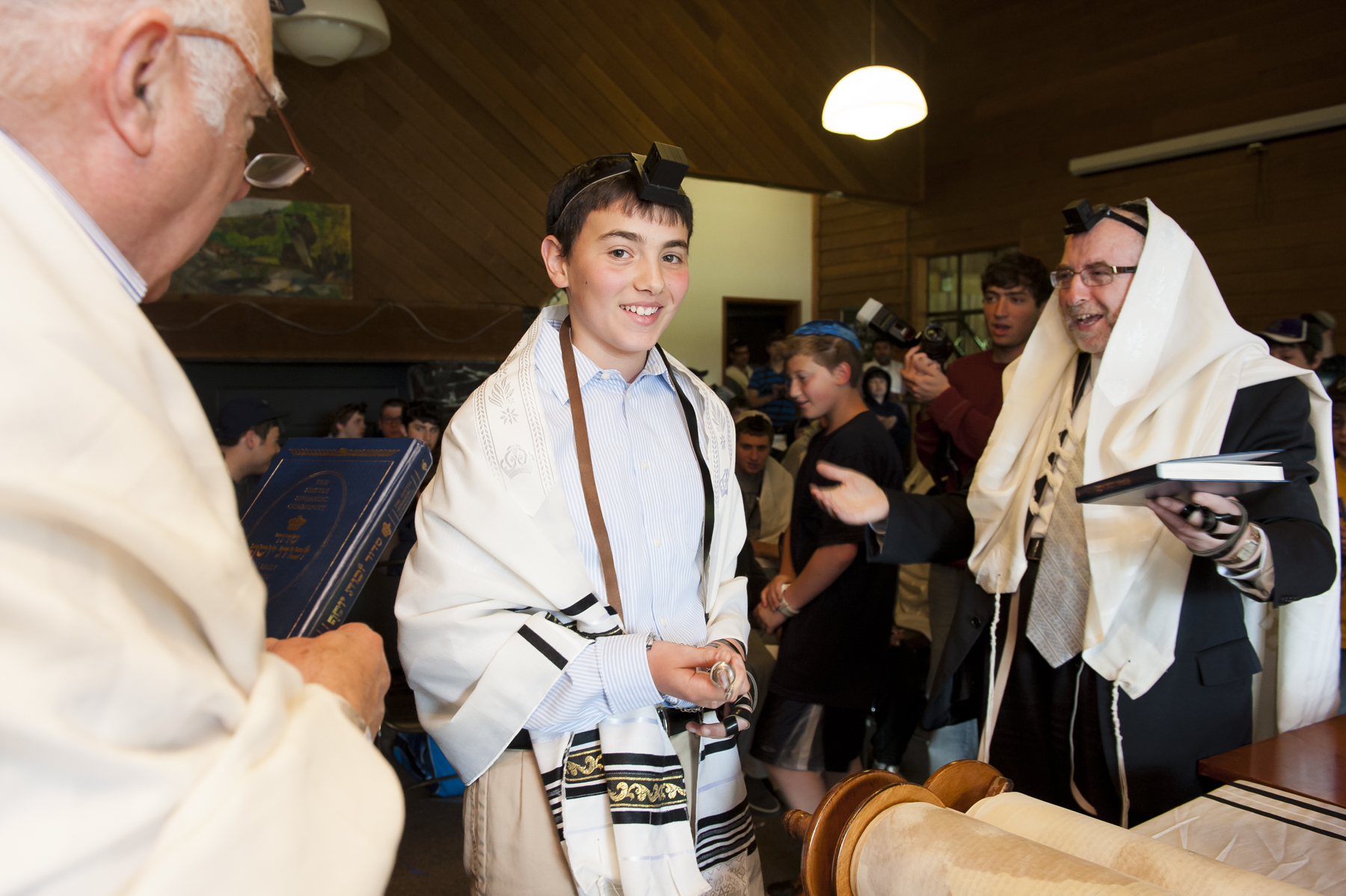SAC Interview with Raphael Alcabes
SAC Interview with Raphael Alcabes 12/26/18
This month, we spoke with Raphael Alcabes, a lifelong SAC camper, about his special Bar Mitzvah experience while at SAC. Not only has Raph attended camp for over a decade, but he’s also come back as a counselor, head staffer, and most recently, Special Events and Night Activities Director in the 2018 Camp Season.
 Ethan Marcus: Tell me a little bit about your general SAC experience
Ethan Marcus: Tell me a little bit about your general SAC experience
Raphael Alcabes: I’ve been going since 2006 and I started out as the youngest camper in B1 (Boys Bunk – Youngest Age Group). I would say that I’ve made all my oldest and best friends at camp. For me, SAC was a very fundamental part of growing up. I think it really influenced me and my childhood – it’s why I continued going all those years as a camper and why I continue to go as a counselor and now a head staff member today – I want to give back the incredibly rewarding experience I had to the next generations of the Sephardic camper community.
EM: What are some of the things that made your camp experience unique?
RA: When it came to Jewish education or Sephardic traditions in that camp environment, whether it was singing pizmonim or learning Ladino phrases or songs, Djoha stories, or eating borekas – whatever it was that was uniquely Sephardic, when it was in that camp context, it just turned those customs into the coolest things in the world. It wasn’t just that this was some old family tradition, but oh, I’m a Sephardic Adventure Camper not just some Sephardic person, this is what we do; it made all those customs and traditions fuse together with the incredible camp experience that suddenly made being Sephardic one of the coolest and pride-filled things about growing up.
 EM: I’ve heard that you had the opportunity to actually have your Bar Mitzvah while at Camp. Can you tell me why you chose to have your Bar Mitzvah at camp?
EM: I’ve heard that you had the opportunity to actually have your Bar Mitzvah while at Camp. Can you tell me why you chose to have your Bar Mitzvah at camp?
RA: When I realized that my Bar Mitzvah was going to be at the same time as camp, I didn’t really consider it an option of not going to camp. I spoke to my parents about it and instead of leaving camp early or not going at all, we decided to bring my Bar Mitzvah to camp. So my family came in, and I learned my perasha portion for that week at camp. One funny thing is that in every bunk at SAC, at the end of camp, the counselors gave out different bunk awards (i.e. Camper of the Bunk, cleanest camper, other goofy awards, etc). When they got to me that year, they gave me the “becoming a man award” which was really fun. Even when it was a bit of a joke, it was still very real to me and had an impact on me to this day. This was a time when I was outside the context of school, family, and the real world; I was thrown into this new environment that really helped me become more independent and learn new things – having that being my right of passage, becoming a man, at SAC was probably the most important place that influenced me and made me who I am today.
 EM: What was the day like?
EM: What was the day like?
RA: My Bar Mitzvah teacher was Hazzan Azose, who came up to camp especially for that day. I practiced with him a little before the aliyah and a little at camp. My family came up to camp too and I even put on some nice clothing for camp. Then I read on a Thursday morning and my family sponsored a big Dezaynuo breakfast for all the campers and family that were there.
EM: Did they have Borekas and Biscochos?
RA: Of course!
 EM: Did a lot of your family come up?
EM: Did a lot of your family come up?
RA: I ended up having two Bnei Mitzvah: One at camp and one in my home community of Seattle. The camp Bar Mitzvah was mostly just for my immediate family and my friends at camp and my Bar Mitzvah at home was when all my relatives from around the country came in to celebrate.
EM: What did you do to celebrate at camp?
RA: Besides the amazing breakfast, my bunk got to raid the canteen and get some special snacks.
EM: What was different between your two Bnai Mitzvah? Did you like one more than the other?
RA: I think in a way, they were both really special and in my two “homes.” One was the classic Bar Mitzvah with friends and family at my own Kal – Sephardic Bikur Holim. And my other one was my home away from home. We had our big meal in the mess hall, held tefillah in the camp lodge, and took family pictures outside by the lake – all the classic things from a typical Bar Mitzvah, but at my camp home.
EM: Would you recommend it to other campers?
RA: Absolutely!

Mash’Allah! Raphael is now a leader of Camp.
I was there at his ” cumplir minyan” or ‘poner tefillin’
( Sephardic ways
of saying ‘Bar Misvah’).
One thing: I still have my ‘bonbonnets’ they gave us
To throw at him after Aliyah to sefer. ( Little mesh
bags of Jordan almonds, tied with a bow). I guess I
Missed the signal to throw them….
Since I want Raphael to be ‘fully bar-mitsvahed’
could someone give me directions so I can ride
my azno to him, and finally pelt him? I’m thinking
of adding Sunkist fruit gems too, but I’m not sure
which beraha I would say before throwing them..
Ya,Basta with the bavajadas,
Raphael for ‘man of the year’!
Joha
Thank you Joha for your comments. We will work on having a shed built for your Azno.
A shed? ( Singular of shedim= evil spirits) !
My azno! ( Wooosh)
Haham contacted me to inform me that the
little bags of Jordan almonds are called ‘confites’
Ok. Sounds too much like Confetti to me ( not delicious-
trust me. )
I was out last night in the town square in the ‘oosh'( cold temp.) joining the visinos (neighbors) to watch
the traditional midnight dropping of the giant roska
( Bread ring). I took the opportunity to practice ‘echando confites’ (throwing the almond bags) at the crowd… I want to be ready to pelt Raphael with
Accuracy). Well, that’s how you find out how many
Ungrateful people there are around you! I’ll just quote the famous refrane: ” Al Azno le dan confites y no
le agradan” ( give candy to a donkey and he doesn’t
seem thankful ).
Live and learn,
Joha